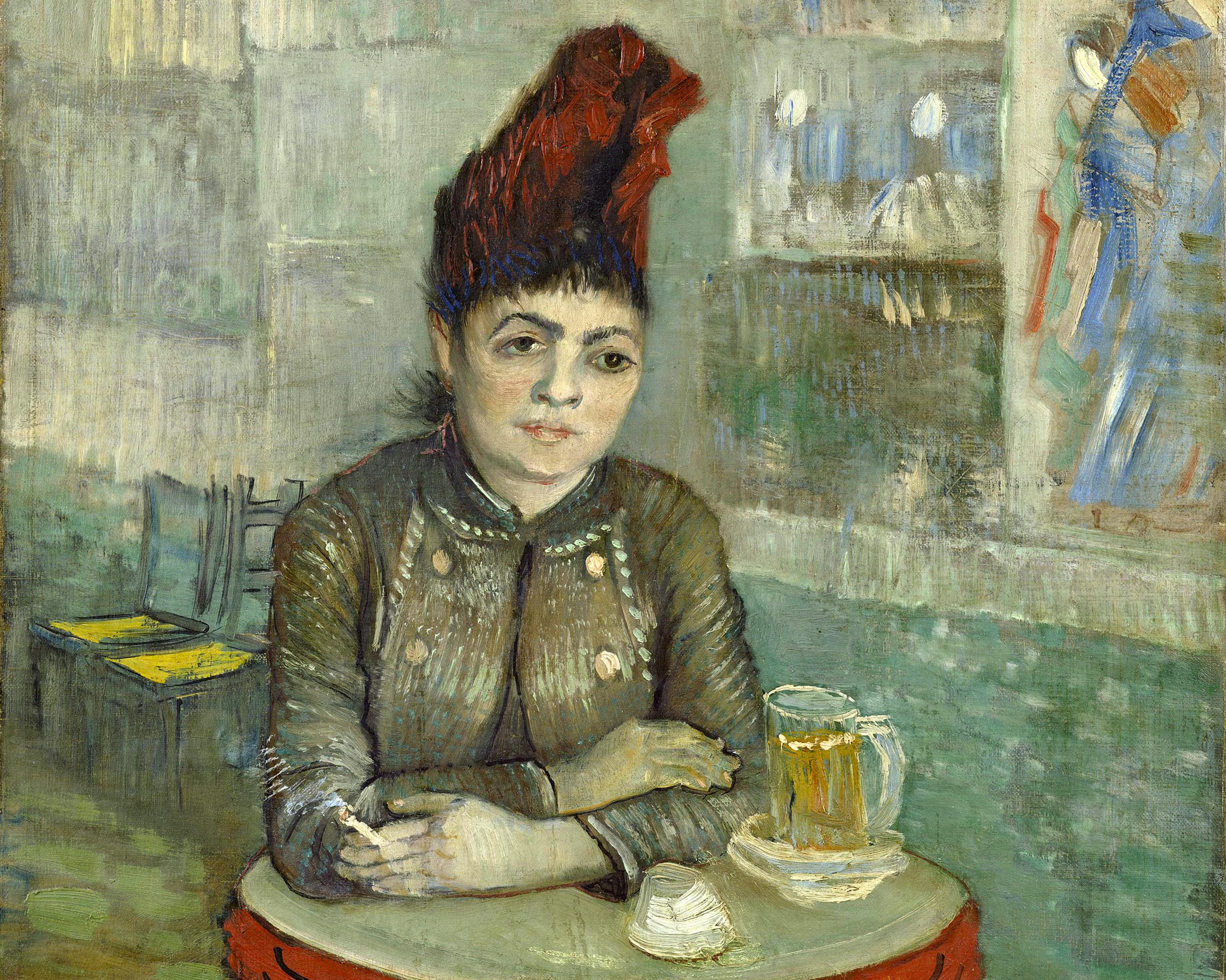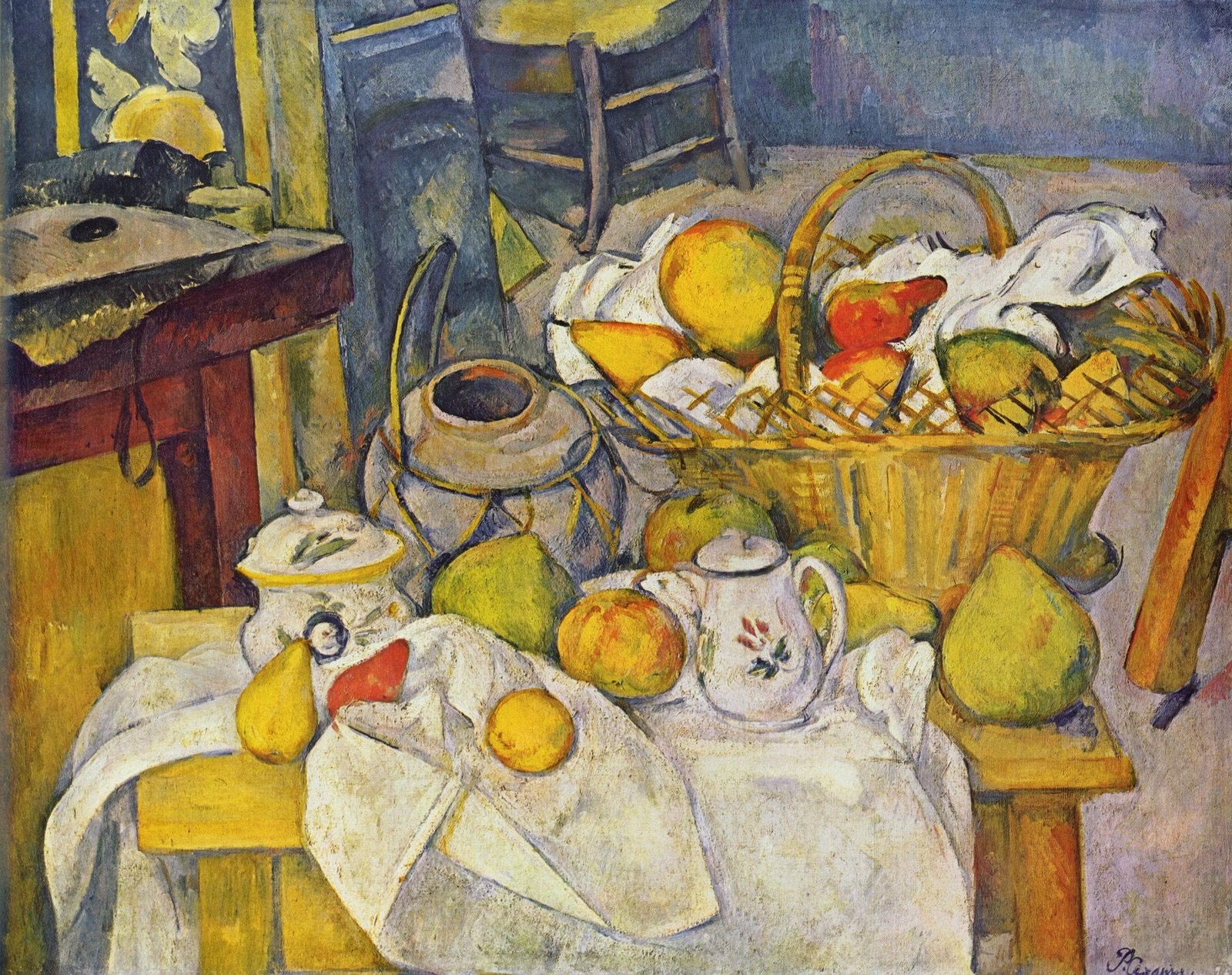When we think of happiness, we often imagine grand gestures, luxurious vacations, and material possessions. However, the true secret to a happy life lies in something much simpler – contentment. Contentment is the state of being satisfied with what one has, and it is a key ingredient to unlocking a happier life. In this article, we will explore the lessons we can learn from some of the world’s most contented individuals and how we can apply them to our own lives.
Lesson 1: Gratitude is the key to contentment
One of the most contented individuals in the world is Matthieu Ricard, a French Buddhist monk and author. He is often referred to as the “world’s happiest man” due to his unwavering sense of contentment. When asked about his secret to happiness, Ricard always emphasizes the importance of gratitude. He believes that by cultivating a sense of gratitude, we can learn to appreciate what we have instead of constantly chasing after what we don’t.
In today’s fast-paced world, it is easy to get caught up in the never-ending cycle of wanting more. We are bombarded with advertisements that tell us we need the latest gadgets or the trendiest clothes to be happy. However, Ricard’s teachings remind us to pause and be grateful for the things we already have. Whether it’s something as simple as a roof over our heads or the love of our family and friends, expressing gratitude can shift our perspective and bring us a sense of contentment.
Lesson 2: Live in the present moment
Another lesson we can learn from the world’s most contented individuals is the importance of living in the present moment. We often spend so much time dwelling on the past or worrying about the future that we forget to appreciate the present. However, as the saying goes, “yesterday is history, tomorrow is a mystery, but today is a gift. That is why it is called the present.”
Mihaly Csikszentmihalyi, a Hungarian-American psychologist, has extensively studied the concept of “flow,” which is the state of being completely absorbed in an activity. In his research, he found that people who experience flow on a regular basis tend to be happier and more content with their lives. This is because when we are fully engaged in the present moment, we are not plagued by regrets of the past or anxieties about the future. We are simply content with where we are and what we are doing.
Lesson 3: Cultivate strong relationships
A common thread among the world’s most contented individuals is their emphasis on strong relationships. In a society that values individualism and independence, we often forget the importance of human connection. However, research has shown that having meaningful relationships with others is crucial for our overall well-being.
The people we surround ourselves with can greatly impact our level of contentment. Spending time with loved ones, sharing experiences, and creating memories can bring us a sense of joy and fulfillment. The Dalai Lama, a spiritual leader and advocate for world peace, once said, “we can live without religion and meditation, but we cannot survive without human affection.” This quote serves as a reminder that true contentment can be found in our relationships with others.
Lesson 4: Embrace simplicity and minimalism
In today’s consumerist culture, we are constantly bombarded with the message that more is better. We are encouraged to buy the latest gadgets, upgrade to a bigger house, and own more material possessions. However, the world’s most contented individuals often embrace simplicity and minimalism.
Take the example of Sven Lindqvist, a Swedish writer, and activist. Despite his success and fame, Lindqvist chose to live a simple and frugal lifestyle. He believed that owning fewer possessions allowed him to focus on the things that truly mattered, such as his writing and his relationships. By decluttering our lives and focusing on what is truly important, we can find a sense of contentment and inner peace.
Lesson 5: Practice self-care and self-compassion
Last but not least, the world’s most contented individuals prioritize self-care and self-compassion. They understand the importance of taking care of their physical, mental, and emotional well-being. This includes getting enough sleep, eating nourishing food, and engaging in activities that bring them joy.
Additionally, they also practice self-compassion, which is the act of being kind and understanding towards oneself. We often tend to be our own worst critics, constantly berating ourselves for our mistakes and shortcomings. However, self-compassion involves treating ourselves with the same kindness and compassion we would show to a loved one. By being gentle with ourselves and practicing self-care, we can cultivate a sense of contentment and inner peace.
In conclusion, the secret to a happier life lies in embracing contentment. By practicing gratitude, living in the present moment, cultivating strong relationships, embracing simplicity, and prioritizing self-care and self-compassion, we can unlock the key to a more contented and fulfilling life. As the world’s most contented individuals have shown us, true happiness does not come from external factors but from within ourselves. So let us take these lessons and apply them to our own lives, and may we all find true contentment and happiness.




